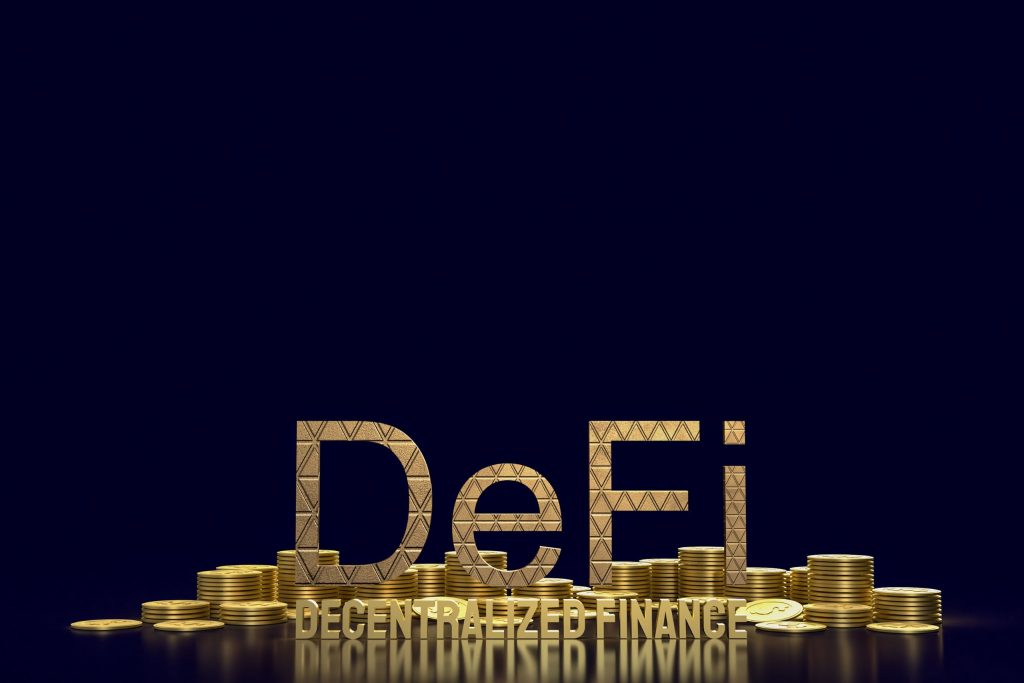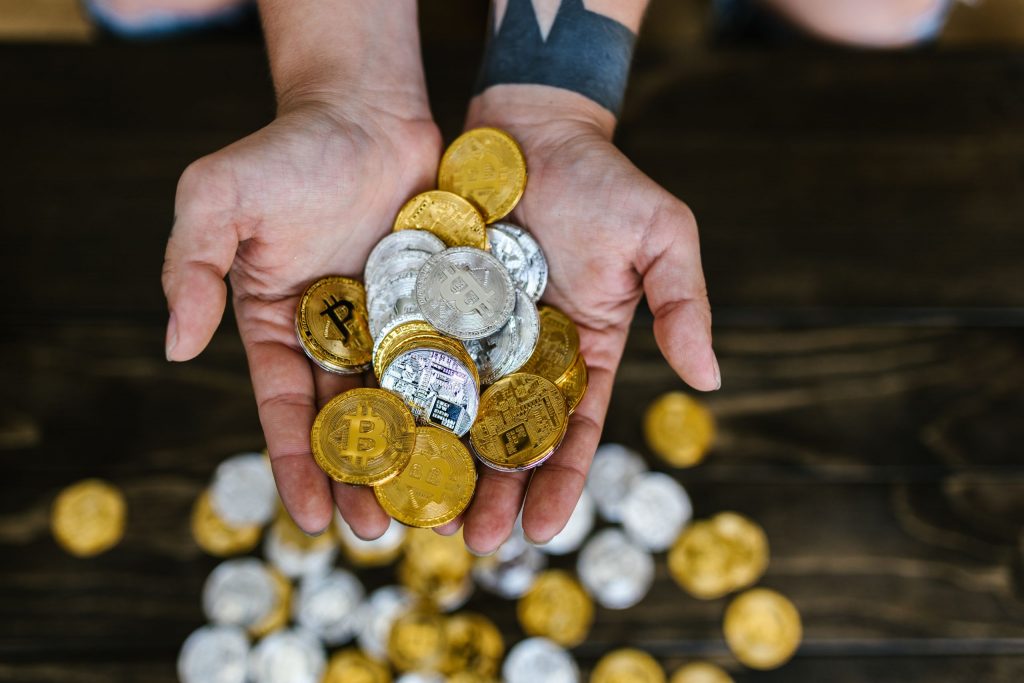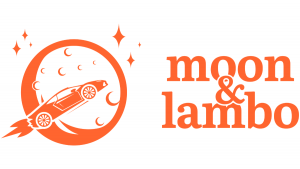Decentralized Finance (DeFi): Unlocking A New Era Of Financial Freedom

Decentralized Finance (DeFi) marks a major upheaval in our financial institutions as blockchain technology presents a more open, safe, and readily accessible environment for financial transactions. DeFi eliminates middlemen like banks and brokers so democratizing access to fundamental financial services like lending, borrowing, trading, and investing, so empowering people worldwide. This creative technique helps customers to keep more control over their assets and interact personally, therefore promoting a new period of financial independence. Recently, the DeFi ecosystem has seen accelerated expansion attracting interest from both new and experienced investors. But along with this fast development comes a set of possibilities and hazards that have to be properly managed. Understanding the nuances of DeFi will be crucial in reaping its advantages while minimizing any risks, therefore guaranteeing a more inclusive financial future as people try to profit on its possibilities.
What Is DeFi and How Does It Work?
Not available in traditional banks or financial institutions, Decentralized Finance, or DeFi, is an innovative financial instrument Driven largely by Ethereum, blockchain technology offers a secure and open forum for financial transactions. DeFi mostly uses smart contracts, self-executing programs meant to automate purchases based on pre-defined parameters. Consequently, every transaction you do is logged on the blockchain and carried out without a middleman, thus enabling quicker and more effective procedures.
DeFi stands out for being able to enable peer-to–peer transactions, therefore removing the central authority who may otherwise slow down or impose unwarranted costs and so impede progress. Conventional finance limits access to many people as banks determine lending, investment, and currency conversion policies. DeFi allows everyone with an internet connection, however, to engage in financial activities like lending, borrowing, and direct trade among others. Popular DeFi applications like Aave for lending and Uniswap for distributed exchanges show how this system works by letting users quickly and fairly create interest on their assets or trade cryptocurrency. DeFi is helping more individuals than ever to achieve financial independence!

Key Opportunities Offered by DeFi
Not just a jargon, Decentralized Finance (DeFi) is changing our concepts of money and banks. Among DeFi’s best strengths are its commitment to financial inclusion. DeFi enables everyone with internet connection through unlike traditional banking systems that could reject individuals due to geographical constraints or lack of documentation. Anyone may join from a far-off hamlet to a busy city, therefore providing financial services to those who would not have had access to otherwise. The democratization of money symbolizes a paradigm change enabling everyone to decide their financial path.
Still another big benefit of DeFi is transparency. Blockchain technology ensures that everyone may check all transactions as they are recorded on a public ledger and This great degree of openness allows the society to develop trust, therefore lowering the possibility of manipulation or fraud. DeFi also has interesting income prospects via staking, yield farming, and distributed lending. Usually at rates much greater than typical banks give, users may lend their assets and earn money. Staking your coins will also enable you to make returns and assist to protect the system. Decentralized governance allows the community to drive invention and decision-making, thus empowering users to participate in the evolution of platforms and so promote ownership and cooperation. DeFi is essentially enabling everyone to access, trust, and participate more easily than it is just changing money.
Understanding the Risks of DeFi
Although distributed finance (DeFi) offers great possibilities, it is important to understand the hazards associated. Smart contract weaknesses are among the main worries. These lines of code specify how transactions work and, should they have weaknesses or defects, hackers may use them to pilfers money. Hacks in the DeFi space have actually cost more than $7.2 billion. They are expected to cost even more in 2022, at $3.1 billion. This shows how important it is to understand the technology behind the tools you use.
Uncertainty about regulations is another threat. DeFi runs in a less regulated environment than conventional banks, which can expose consumers to frauds and false schemes. In this field, “rug pulls—where creators quit a project after securing investments—are sadly very prevalent. Furthermore, the volatility character of cryptocurrencies could cause large price fluctuations, therefore your investments risk more than in conventional markets. This is why conducting your due research before starting any DeFi project is very vital. Invest just what you can afford to lose; learn the mechanics of the procedure and study it. Keeping educated and wary will help you negotiate the ups and downs of the DeFi terrain.
Popular Use Cases of DeFi
Traditional financial operations are being revolutionized in fascinating ways by Decentralized Finance (DeFi!). Among the most important changes is in borrowing and lending. Anyone with an internet connection may lend their crypto assets straight to others via DeFi systems, collecting interest without having banks help to enable this process. Candidates might be authorized for loans—typically free from credit checks—just by providing collateral in the form of cryptocurrencies. More financial inclusion is therefore conceivable, particularly for individuals who have been overlooked by conventional banking institutions.
DeFi shapes distributed exchanges (DEXs). Instead than relying on centralized platforms that keep money and charge outrageous fees, DEXs enable consumers trade cryptocurrencies directly with one another. This peer-to–peer strategy increases security and transparency even as it helps to save costs. Moreover tying volatile cryptocurrencies with stable fiat currencies are stablecoins like Tether (USDT). Whether they are for remittances or regular purchases, they help customers negotiate price fluctuations, therefore smoothing out transactions and increasing predictability. Not just about technology, DeFi is about enabling people and providing financial possibilities for everyone!
Tips for Safely Exploring DeFi
If you are fresh to the realm of Decentralized Finance (DeFi), approach it with interest and caution. Research first reliable websites offering DeFi services. Look for security policies of the platform, user reviews, and community comments. Your primary concern should be your safety; carry a bag to protect your money. A digital wallet is a clever approach to protect your data from intruders. DeFi news changes quickly, so make sure you know what’s going on.
If you want to start straight forwardly, consider starting small. This gives you a sense of how things work without running too great a financial risk. Changing your assets among many platforms and projects is another method you can share the risk. Given the abundance of information accessible, follow trustworthy sources include blogs, forums, or local groups where informed people provide their views. Spending some time to educate oneself can allow your DeFi trip to be lot more smooth and enjoyable!

Conclusion
By encouraging accessibility, transparency, and efficiency, DeFi has the transforming capacity to change global financial institutions and empower people, hence increasing financial inclusion particularly for the underbanked. But as consumers negotiate this new terrain, it’s important to be wary of the difficulties including legislative uncertainty and the complexity of DeFi systems, which might endanger less experienced users. Those who read this should be warned of the hazards, but they should also be advised of the many ways DeFi may help people to become financially independent and successful. With right planning and execution, DeFi has the ability to revolutionize the global financial system and usher in a new age of financial freedom and opportunity for everyone.








